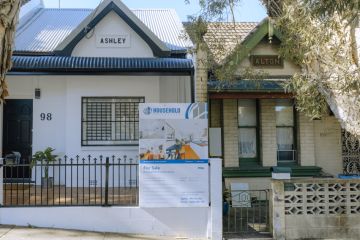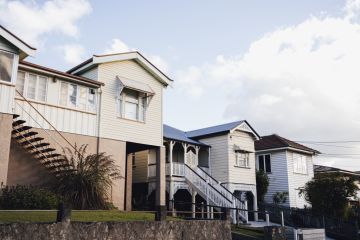NZ banned foreign ownership just over a year ago. Does Australia need to follow suit?
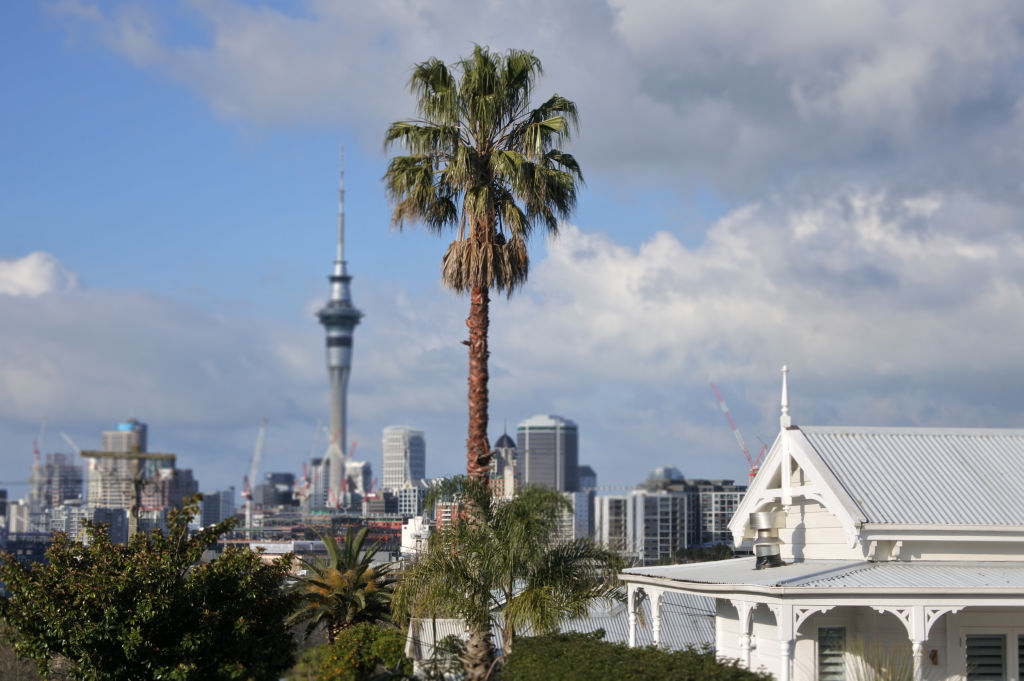
It’s been just over a year since NZ banned foreign ownership of housing.
With a market that largely parallels Australia’s own in regards to laws, policies, affordability and availability problems, has the restriction on foreign investment actually worked when it comes to enabling first-home buyers and native New Zealanders to get a foothold in the residential market?
Home ownership has reached historical low levels in New Zealand, with ownership the lowest it’s been since 1951. Only a quarter of adults under the age of 40 own their own home now, compared to half in 1991.
In the 2017-18 financial year, immigration to New Zealand grew by 19 per cent and with limited housing supply, Jacinda Ardern’s Labour government was under pressure to introduce dramatic changes to housing policy.
The Overseas Investment Amendment Act 2018 restricts overseas buyers from purchasing residential property in New Zealand. Introduced last October, it might already have had an impact in the latest housing statistics, with significant declines in residential sales.
Bindi Norwell, chief executive at REINZ says: “The number of properties sold in New Zealand during June was the lowest for the month of June in five years.
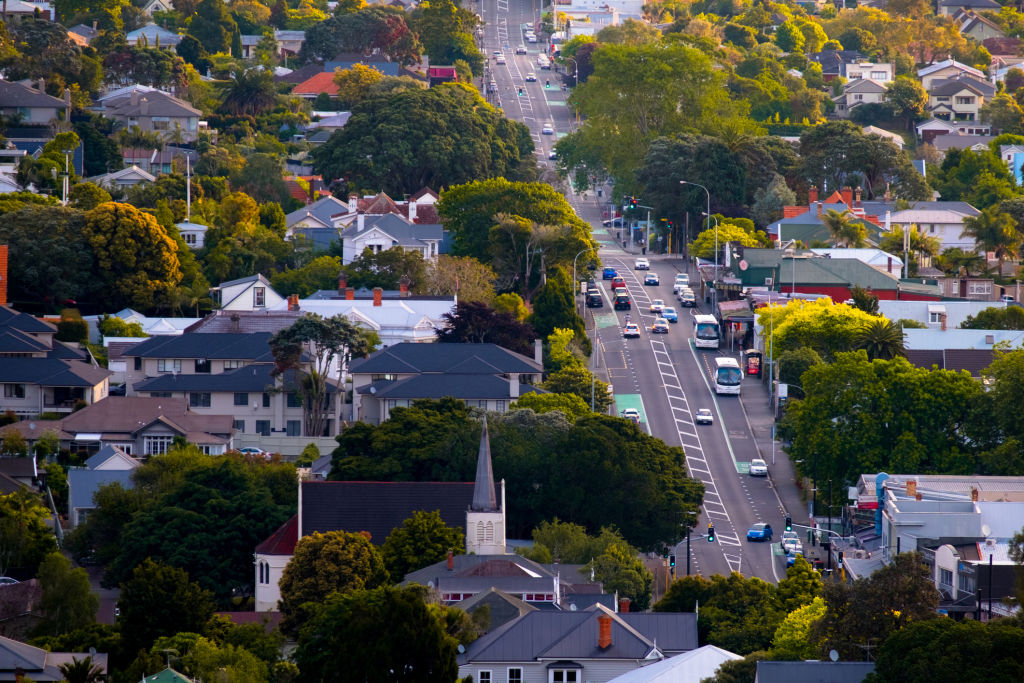
“However, with new listings down -7.3 per cent on the same time last year, and record new listing lows set for Northland, Taranaki, West Coast, Southland and parts of the Waikato, it’s not entirely surprising.”
In the June quarter, only 183 residential properties sold to overseas buyers, representing a massive decline of 83.6 per cent compared to the same quarter of 2018, when overseas buyers purchased 1116 residential properties, according to Statistics NZ.
The most popular area for overseas buyers is Auckland, though only 114 properties were purchased in the June quarter, down from the same quarter last year when 741 properties were sold to overseas buyers.
According to Statistics NZ, 0.5 per cent of property transfers were to non-NZ citizens or resident visa holders in the June 2019 quarter. Transfers can include sales, marriage settlements, boundary changes, trustee changes, and changes in the share of ownership
Domain research analyst Eliza Owen believes the fall in investment in both New Zealand and Australia is not purely the result of foreign investment restrictions.
Since December 2015, the ATO has been responsible for managing residential real estate applications and associated compliance work in collaboration with the Foreign Investment Review Board.
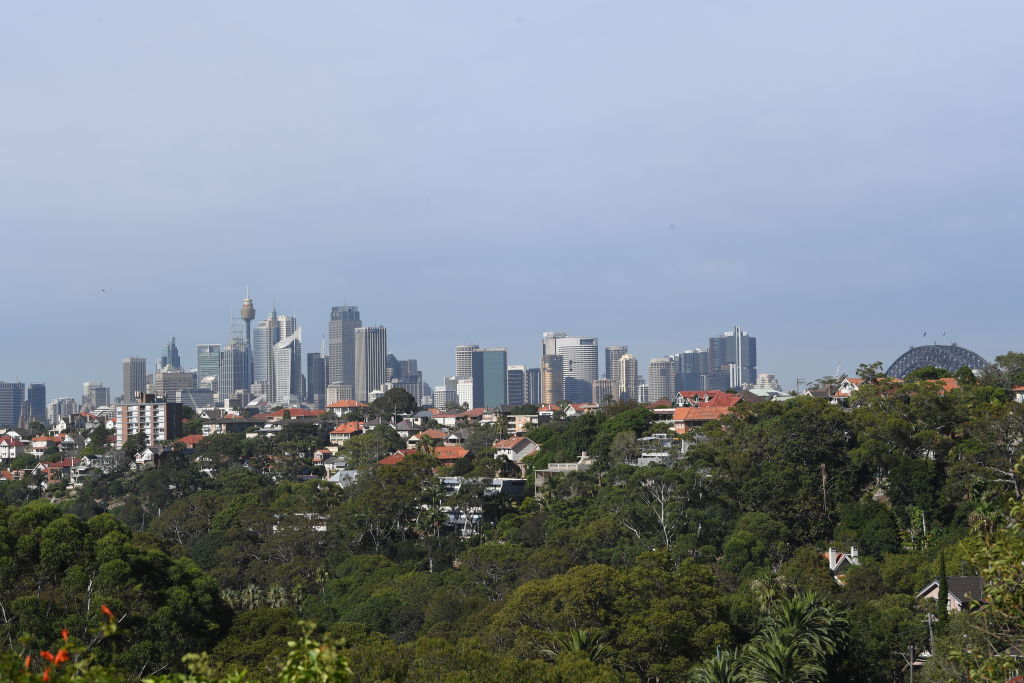
“In terms of affordability, price declines have indeed coincided with declines in foreign investment, but price declines have also coincided with declines in domestic investment in real estate,” she says.
“I think that is the key – it does not matter whether the source of property speculation is foreign or domestic. The more real estate is speculated upon by investors, the higher the risk that price inflation and volatility are introduced into property cycles.”
In regards to affordability, both Sydney and Auckland are still unaffordable, despite price decreases.
“Sydney house prices are currently 17 per cent below their peak in 2017, with an average of $1.03 million for a typical house,” Ms Owen says.
Ms Owen says the laws on foreign investment can impact housing prices and therefore affordability, but their exact impact is so difficult to measure that no definitive conclusions can be drawn about whether the laws alone are resulting in more affordable homes for young and first-home buyers.
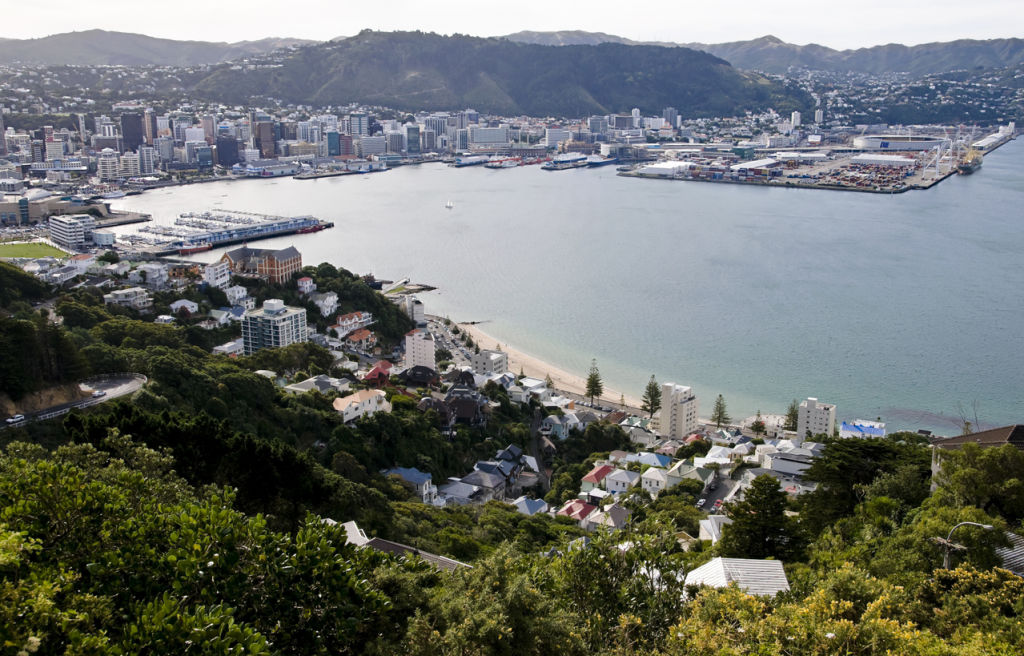
The key differences between Australia and New Zealand’s restrictions are that while Australia allows temporary residents, including students and workers, to buy homes, New Zealand does not.
Australia allows some foreign trusts and corporations to buy existing housing, while New Zealand does not.
New Zealand imposes a national surcharge on foreign investments, whereas Australia’s stamp duty and surcharges vary between states (NSW and Victorian governments have raised stamp duty surcharges for foreign investors in residential real estate).
“I think there’s a lot of factors at play in regards to foreign and domestic investment that have contributed to a decline in property prices both in Australia and New Zealand,” says Ms Owen.
“Statutory interventions have limited growth investment lending in domestic Australian banks. In 2017, a limit was introduced to the number of interest-only investors and owner occupiers as well. These have had a greater impact on markets in Sydney and Melbourne, which are the key investment centres.
“The latest report by the Foreign Review Board suggests that between 2016 and 2018 financial years approved applications for residential real estate acquisition went from $30 billion to $12.5 billion.
“Australian government policies may have deterred some investors, but increased duties, fees and taxes have contributed to putting off overseas investors so it’s hard to know whether the laws alone have really impacted housing affordability.”
Despite a lack of data and evidence, various state governments have increased transfer duties for foreign investment into residential real estate, and the federal government also eventually introduced some complicated changes around it.
Interestingly, other forms of foreign investment assets, such as commercial real estate, have in some ways become easier to buy.
“My guess is that the government quite happily welcomes foreign investment in Australian assets, but appears to take a protectionist stance on residential real estate because it is a more political, emotional asset type,” Ms Owen says.
While New Zealand has been much slower than Australia to introduce restrictions on foreign ownership, the lack of dramatic improvement In housing affordability, homelessness (116,427 in Australia in 2019) and lack of housing supply in Australia suggest that a focus on planning, population and infrastructure would all be more significant factors to focus on than protectionist measures.
We recommend
We thought you might like
States
Capital Cities
Capital Cities - Rentals
Popular Areas
Allhomes
More
